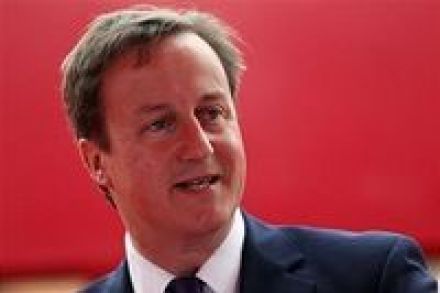The Coalition Must Tell the Public: Be Not Afraid
Tony Blair’s political legacy was making “progressive” the contested ground in British politics. Hence “progressive Conservatism” and “progressive Liberalism” and, I suppose, “progressive Labour”. George Osborne once even talked about “progressive austerity”. It shouldn’t be a surprise that some voters are turned-off by this marketing triumph. Yet this apparent consensus masks the real differences between the coalition and the opposition. Julian Glover’s piece in the Guardian today makes an important argument: the coalition needs to be more ideological. Why be spooked by social democrat squawking? The coalition should shrug its shoulders and confess: the charge its enemies lay at its door is broadly correct. This is an ideological government with














